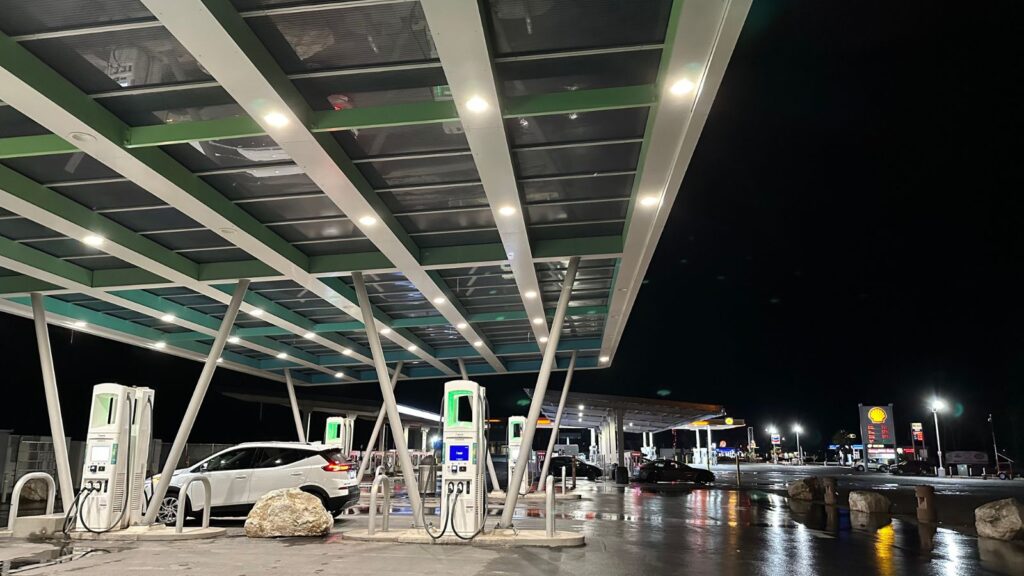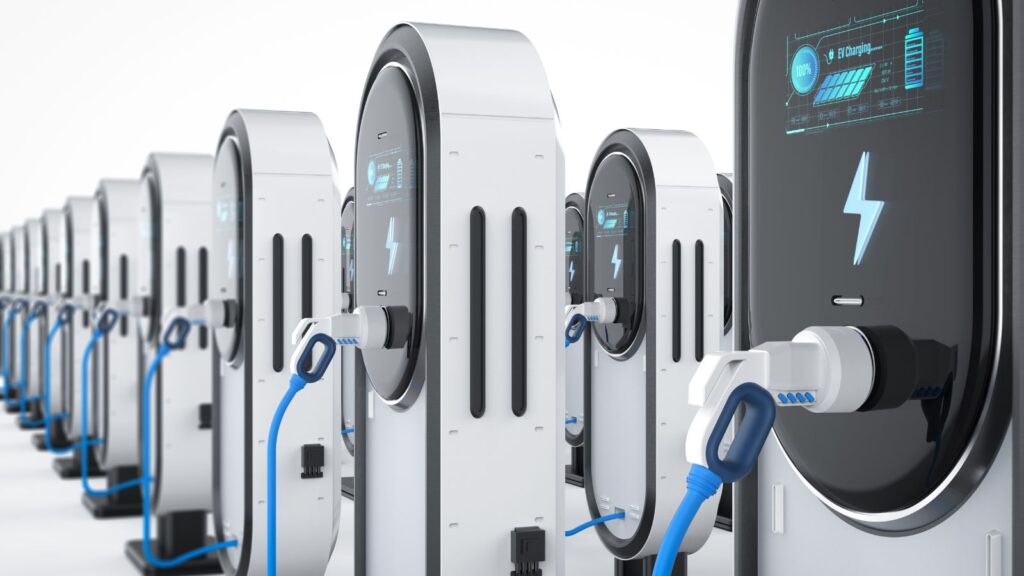Table of Contents
Toggle
Government incentives play a key role in helping businesses invest in electric vehicle (EV) charging stations. These benefits come in many forms, including:
- tax credits
- grants
- rebates
- state and local tax breaks
It’s also an excellent way to achieve larger goals like cutting greenhouse gas emissions and boosting clean energy use.
Whether you’re planning on opening an electric bus charging station or a regular charging station for electric cars, now’s the time to act.
What Types Of Incentives Are Available?
Businesses looking to invest in EV charging stations can benefit from a range of incentives. Examples include:
- federal tax credits
- grants and rebates offered by state and local governments
- utility company perks such as rebates or reduced electricity rates for EV charging operations
How Do Government Incentives Support Businesses?
Government incentives make it more affordable for businesses to set up EV charging stations. With reduced installation costs thanks to federal and state programs, companies can:
- enhance customer satisfaction
- bolster their brand reputation
- generate income from charging services
- contribute to a cleaner transportation system

How Do Federal Tax Credits Benefit Businesses?
Federal tax credits offer substantial benefits to businesses by reducing the financial burden of setting up electric vehicle (EV) charging stations.
These incentives lower the initial costs, encouraging companies to invest in EV infrastructure. As a result, businesses can allocate the money saved to other priorities or further investments in eco-friendly initiatives.
What Are The Eligibility Criteria For Federal Tax Credits?
To be eligible for federal tax credits, installations must:
- comply with government-defined technical standards
- primarily serve business needs
- follow prevailing wage guidelines
- be located in qualifying census tracts
Even tax-exempt organizations can take advantage of these incentives through direct payment options.
Businesses must complete IRS Form 8911, known as the “Alternative Fuel Vehicle Refueling Property Credit.” This form requires details about the charging equipment and installation expenses.
Accurate documentation of these costs is crucial for meeting IRS eligibility criteria.
What Incentives Do State And Local Governments Provide?
State and local governments provide a range of incentives to boost the installation of electric vehicle charging stations, aiming to make this infrastructure more affordable and accessible for businesses.
States often offer:
- grants
- rebates
- tax credits
Some invest in green energy projects that help reduce these expenses further. Additionally, businesses that set up EV chargers might benefit from property tax reductions.
The availability of funding and eligibility requirements can vary significantly between state and local levels. While statewide programs usually provide extensive financial support across broader regions, local initiatives focus on particular areas or community needs.

How Do State And Local Incentives Differ?
State initiatives often provide broader financial support across extensive regions by offering grants and tax credits to enhance electric vehicle (EV) infrastructure. These programs are designed to align with state objectives for cleaner transportation and energy.
In contrast, local incentives are tailored to specific communities or cities. They may include:
- property tax reductions
- special rebates aimed at achieving local environmental goals
- incentives for local economic development
Eligibility for these benefits can vary due to differing regional policies.
Generally speaking, state programs tend to be more comprehensive, while their local counterparts emphasize community-specific needs.















